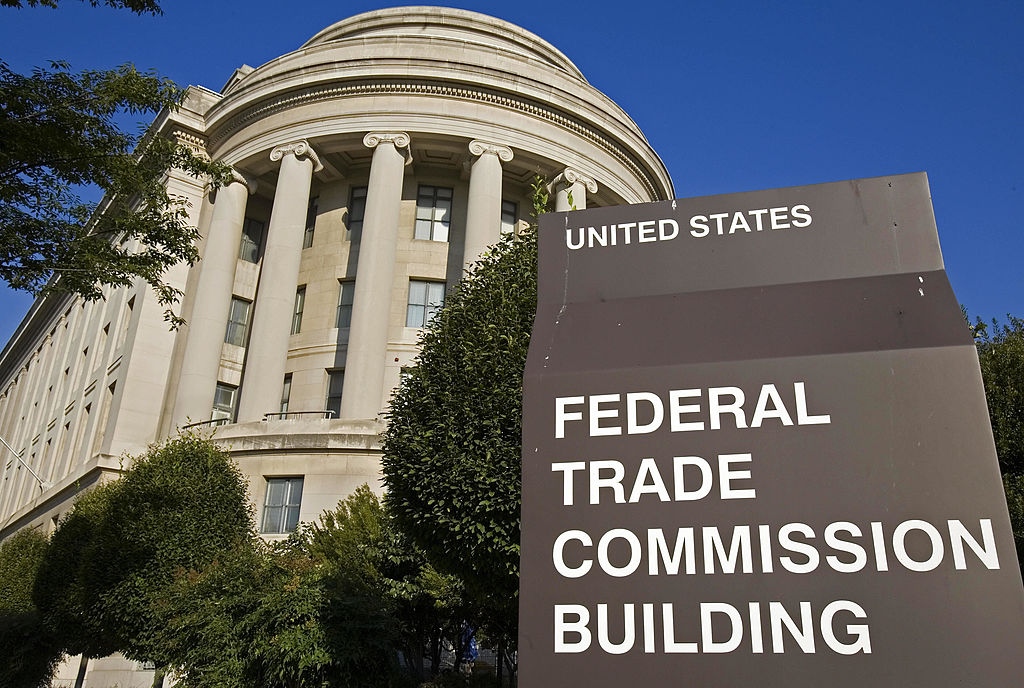FTC Gets Backers in Qualcomm Case
The smarter way to stay on top of the multichannel video marketplace. Sign up below.
You are now subscribed
Your newsletter sign-up was successful
The Federal Trade Commission has some friends in high places in its suit against Qualcomm.

Open Markets and 40 legal scholars have weighed in with amicus curiae (friend of the court) briefs backing its charges.
Related: Federal Court Stays Qualcomm Decision
The scholars, including from Stanford and Georgetown, told a federal appeals court that the "so-called 'no license, no chips' policy of refusing to sell chipsets to smartphone makers unless those firms also agreed to license Qualcomm’s patented technologies on terms specified by Qualcomm violates the antitrust laws."
Separately, in its own amicus brief Open Markets agreed, saying that "a failure to hold Qualcomm responsible for its running violation of antitrust law would be a dangerous signal to corporations everywhere and only further encourage their exclusionary and predatory business practices."
In a temporary victory for chip maker Qualcomm, the Ninth Circuit in August let the company continue to condition chip sales on buying a patent license, saying the company had made a good case for why its conduct did not violate antitrust.
That meant, for now, Qualcomm does not have to make its licenses available to rival modem chip suppliers.
The smarter way to stay on top of the multichannel video marketplace. Sign up below.
In May, a California district court ruled that the way Qualcomm licensed its modem chips for handsets was anticompetitive--siding with the Federal Trade Commission, which had sued the company for having "harmed competition in two markets for baseband processors [modem chips]."
But saying that Qualcomm has demonstrated "serious questions" about that district court's decision, the U.S. Court of Appeals for the Ninth Circuit subsequently stayed that decision, the latest twist in a year's-long legal battle.
Qualcomm had refused to license standard essential patents for smart phone technology in promises it made to standards-setting bodies and charged excessive royalty rates, the district court concluded in May, agreeing with the FTC that Qualcomm was preserving its monopoly of the LTE chip market, effectively levying a surcharge on competitor's chips.
Contributing editor John Eggerton has been an editor and/or writer on media regulation, legislation and policy for over four decades, including covering the FCC, FTC, Congress, the major media trade associations, and the federal courts. In addition to Multichannel News and Broadcasting + Cable, his work has appeared in Radio World, TV Technology, TV Fax, This Week in Consumer Electronics, Variety and the Encyclopedia Britannica.

